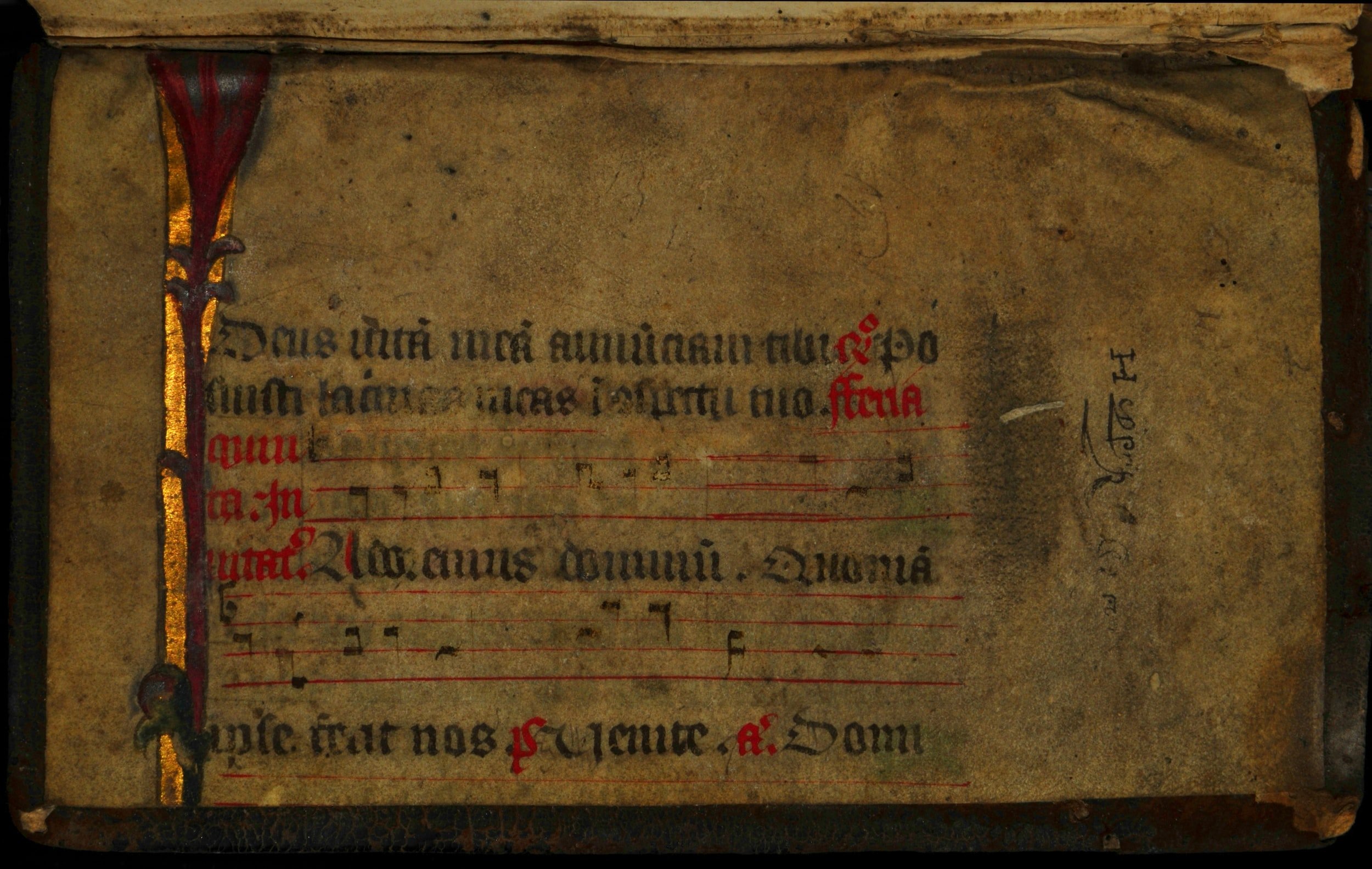
The Four Soils of Willy Wonka and Mark 4
“Willy Wonka and the Chocolate Factory” can be viewed as a two-hour analogy of Jesus’ parable of the soils in Mark 4. In the Willy Wonka film, the one who listens will be invited to the prize of the end, which is the inheritance of the factory. In world history, the ones who listen to the voice of God will be invited to the goal of all of history, which is our inheritance in the new creation with the reigning Christ.


The Eternal Suffering of Hell, and God’s Grace to Warn Us of Eternity
This last Sunday, we walked through Mark 9:30-50 where Jesus teaches on the eternal suffering of Hell. It was a hard topic, and one that I only bring up when the Bible brings it up. Even though the punishments of Hell is not something attractive to talk about, we must still teach, know, and affirm proper doctrine. The doctrine of Hell is always in danger in our therapeutic society because the realities of eternal suffering do not match our feel-good, gratification-driven culture.

Who is the Son of Man in Mark? Part 2: Daniel’s Background
The ‘Son of Man’ title appears in the gospels several times, and it is especially important for us at EBC as we journey through the second half of Mark. We need a more biblical understanding of the term to determine what Jesus communicates when he refers to himself as such. The Son of Man brings in a context of a long-expected inaugurating kingdom when Jesus will meet the Ancient of Days (God).

Who is the Son of Man in Mark? Part One: Ezekiel’s Background
In Mark 2:10, Jesus refers to himself as the Son of Man for the first time in the story. This is a title that we can easily rush over without too much consideration. We might read it as a unique title for Jesus alone but usually nothing more than that. Mark 2:10 and 2:28 are the only times that Jesus uses this title in the first half of the book (the book of power). In the book of suffering (Mark 8:31-16:8), he describes himself in this way 12 times. With the density of references in the second half of Mark, it is clear that we should seek a biblical understanding of this title.

What Happened to Mark 9:44 and 46?
Well, if you pay attention to verse numbers as you read your Bible (and most of us do not, so this is actually hard to catch), you will notice every now and then that a verse or group of verses are missing. That is the case for our sermon passage this week (8/28/22) in Mark 9:30-50.

“I Look, I Perceive.” What is communicated in the blind man’s confession in Mark 8:24?
A popular interpretation of the healing of the blind man in Mark 8:22-26 is that it is an acted-out parable that illustrates the state of the disciples at this point in the narrative. I agree that this is the right interpretation, but I still have some questions that need to be answered.

Mark 8:22-26 Completes 7:31-37 to Fulfill Isaiah 35:1-10
Mark 7:31-37 records the story of Jesus healing a deaf man who had a ‘speech impediment.’ The word translated by the ESV as ‘speech impediment’ (μογιλάλον) appears only here throughout the entire New Testament, and it only appears once in the Septuagint: Isaiah 35:6.